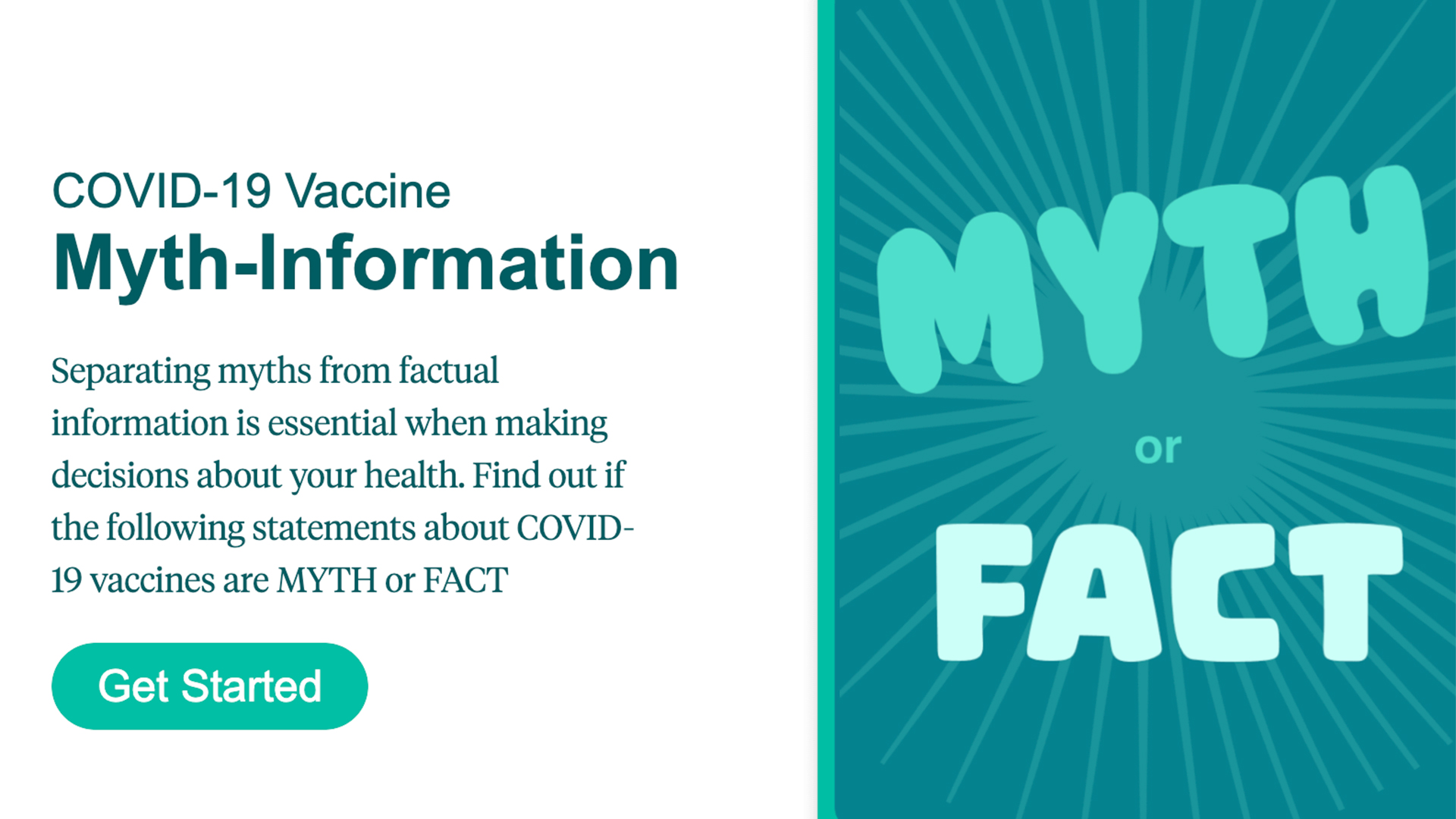Updated on December 18, 2024
After receiving any COVID vaccine, it’s common to experience side effects. One of the most common is soreness in the arm where you received the shot. You may also develop:
- Chills
- Aches
- Fatigue
- Headache
- Nausea
- Fever
These side effects are usually short lived, lasting between one and three days in most cases. But they’re enough for some people to opt out of getting a COVID vaccine.
While side effects can be uncomfortable, they can also be a good sign. They mean that the dose has triggered a reaction by the immune system and the immune system is preparing to respond if it encounters the virus. In other words, normal side effects symptoms are a sign that a vaccine is working. (But if you don’t have side effects, don’t worry—it’s still working.)
Vaccination protects your body from illness
COVID vaccines approved by the U.S. Food & Drug Administration (FDA) are safe and effective. Staying up to date on the latest COVID vaccine will dramatically lower your risk of severe illness, hospitalization, complications, or death from COVID. Hundreds of millions of people in the United States have safely been vaccinated against COVID, amid constant and ongoing safety monitoring.
Your chances of getting seriously ill are much higher if you’re unvaccinated or don’t stay up to date with your vaccinations. Meanwhile, your chances of having a serious adverse reaction to a COVID vaccine are extremely small.
What is the risk of severe side effects?
For the vast majority of people, side effects from a COVID vaccine are relatively mild and resolve within days. However, there have been a very small number of cases where people have experienced more severe side effects.
Allergic reactions
It’s rare for a person to experience anaphylaxis, or a serious allergic response, after receiving a COVID vaccine. It has happened about five times for every 1 million vaccine doses, according to the Centers for Disease Control and Prevention (CDC). When they do happen, prompt treatment can stop the reaction.
Allergic reactions are not unique to COVID vaccines. They can happen after any vaccination—though again, they’re extremely rare. If you’ve had a reaction to one type of vaccine (either protein subunit or mRNA), you will likely be safe to receive the other vaccine type. But this decision should be made in consultation with your allergy specialist.
Some people may experience non-severe allergic reactions, like a rash on the arm where the injection was given. If this is bothersome or itchy, it’s okay to take an over-the-counter antihistamine medication.
If you have any concerns about allergies to an ingredient in a COVID vaccine, be sure to consult with a healthcare provider (HCP) and always inform the person who is dispensing the vaccine. They’ll ask you to stay for 15 to 30 minutes after you receive the vaccine for monitoring, just in case you have a reaction.
Myocarditis and pericarditis
Myocarditis is inflammation of the heart muscle. Pericarditis is inflammation of the outer lining of the heart. These conditions may very occasionally occur following COVID vaccination. Symptoms include shortness of breath, chest pain, and the sensation of a pounding, fluttering, or fast-beating heart. Most cases are associated with mRNA vaccines (Pfizer or Moderna) and occurred in young men in their teens or early twenties.
While these issues may sound alarming, besides being rare, they are very treatable. Most people who develop myocarditis or pericarditis from a COVID vaccine will get better quickly with medicine and rest, according to the CDC.
Experts emphasize that despite the rare discomfort, it’s still far safer to be vaccinated than to be unvaccinated.
The Johnson & Johnson COVID vaccine
This vaccine made headlines early during COVID vaccine rollouts for its association with Guillain-Barré syndrome, an autoimmune disorder. Though rare, cases occurred mostly in men ages 50 or older, and at higher rates in people who’d received the Johnson & Johnson vaccine than those who’d received other types of vaccines.
The Johnson & Johnson COVID vaccine was also linked to thrombosis with thrombocytopenia (blood clots), which were found to happen in about four out of every 1 million doses.
Because of the stringent safety standards vaccines must meet, the Johnson & Johnson vaccine lost its FDA approval and is no longer available in the U.S.
How to treat vaccine side effects
The best ways to treat common side effects are to get rest, drink fluids, and keep using and moving the arm that received the injection. If it’s particularly sore, place a cool, wet cloth over the area. You can also take over-the-counter pain medications, though you should check with an HCP first.
In rare cases, side effects can be stronger. If the pain or redness where you were injected increases after 24 hours, or if side effects aren't going away after a few days, contact your HCP.
Remember that the benefits of getting vaccinated far outweigh temporary side effects. By staying fully up to date with your COVID vaccinations, you will be far better protected from severe illness, hospitalization, or death stemming from COVID.






